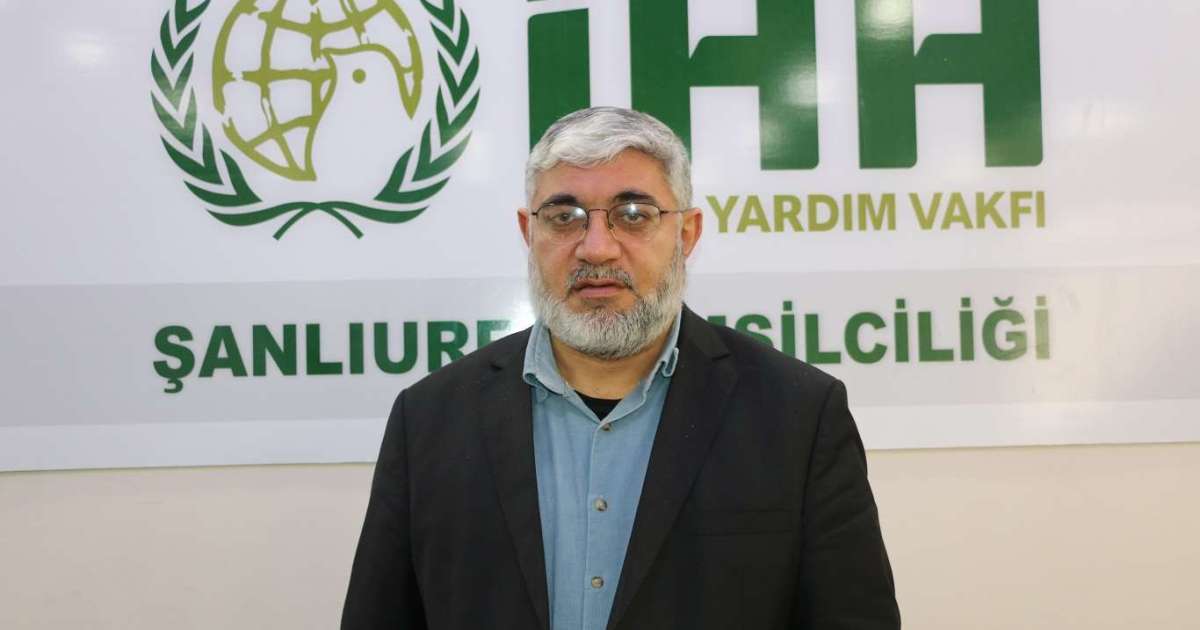Al Jazeera Net correspondents
Published On 21/10/2025
|
Last update: 11:23 (Mecca time)
From the moment the ceasefire agreement in Gaza began to be implemented following the Sharm El-Sheikh Summit on October 13, the humanitarian scene in the Gaza Strip seemed to be breathing for the first time after two years of war and annihilation. However, the path to recovery is still fraught with challenges, in light of the continued Israeli restrictions on the entry of aid despite the promises that accompanied the truce agreement.
In this scene, Türkiye plays an important role in the humanitarian and relief efforts in the Gaza Strip through its official institutions and volunteer organizations, and at the head of these institutions is the Turkish Humanitarian Relief Foundation, which resumed its activity in the Gaza Strip immediately after the Israeli bombing stopped.
Read also
list of 2 itemsend of list
These Turkish efforts come in parallel with Egyptian and Gulf efforts to deliver aid, within the framework of continuous international humanitarian coordination, while Israeli restrictions remain the most prominent obstacle to the flow of relief and the recovery of the sector to its health.
As part of a broader plan to unify humanitarian support channels, the Turkish authorities decided to appoint Mehmet Gulu Oglu, the former ambassador and former head of Disaster and Emergency Management (AFAD), as a special coordinator for aid to Palestine, in a move that reflects Ankara’s desire to move from seasonal support to a more organized and effective management of the Gaza file.
Behçet Atilla, head of the branch of the Turkish Humanitarian Relief Organization in the state of Sanliurfa (southern Turkey) – in an exclusive interview with Al Jazeera Net – says, “The days that followed the ceasefire witnessed the arrival of the first Turkish aid convoys to the sector. The Akdeniz ship also set off from the port of Mersin under the supervision of the Turkish Disaster and Emergency Management Department and with the participation of 17 civil organizations, and carried about 900 tons of food and urgent supplies on board.”
Attila added that the association participated in that shipment by delivering 9 trucks containing 200 tons of canned food, stressing that the ship was the first organized relief work to enter Gaza after the truce, and it is the beginning of a permanent bridge from Türkiye to the Strip.
The Turkish Relief Organization official says, “Preparations are underway to launch a second ship named Anadolu to deliver a new batch of aid,” stressing that the organization’s programs in Gaza are not limited to feeding, but rather include expanded programs to remove rubble and clean roads in the northern Gaza Strip, in preparation for the return of residents to their neighborhoods.
Attila confirms that recent days have shown a change in the pulse of life, as markets have begun to partially open, and people are trying to recover despite the destruction, but Gaza still needs everything, security first, then shelter, food, and medicine.

A humanitarian and Islamic position
Recent data issued by the Turkish Relief Foundation indicate that since the beginning of the war on Gaza, it has spent about 80 million dollars on relief projects inside Gaza, including 37 million hot meals and 133 million loaves of bread, in addition to hundreds of thousands of food baskets and hygiene packages, and thousands of tents, blankets and medical supplies.
In addition to operating 12 ambulances and supplying the sector with hundreds of thousands of liters of drinking water, fuel, and cash assistance to affected families.
“Despite the magnitude of these efforts, Israel is still obstructing the arrival of aid and relief teams from Turkey and other countries on a regular basis, detaining some of them for reasons it describes as security, and it has also committed acts of killing and violence in violation of the ceasefire agreement,” says Atilla.
He adds that every delay in the entry of a truck means depriving hundreds of families of a meal or treatment, but the occupation uses bureaucracy as a new siege tool.
He believes that the Turkish role in Gaza today goes beyond urgent aid to a strategic presence in restoring life, saying, “The organization’s philosophy stems from the principle of sincerity, not showmanship, and what we offer is neither a favor nor a favour, but rather a humanitarian and Islamic duty, andWe will continue to support Gaza in the name of the nation, and we will remain there until the pain goes away.”
The head of the Urfa branch of the Turkish Relief Organization points out that local associations in the Turkish states, including Urfa, are witnessing extensive donation campaigns to support Gaza, adding that the organization is preparing to send a convoy of dozens of trucks loaded with ready-made food supplies, baby formula, tents and blankets during the next week, as an expression of the Turkish people’s solidarity with their brothers in Gaza.
In his broader vision, Atilla believes that over the past quarter century, Turkey has become the most present country in the arenas of the oppressed around the world, and he confirms what Turkish President Recep Tayyip Erdogan always says: “Palestine, Jerusalem, and Al-Aqsa remain at the top of the priorities of Turkish relief work.”
Atilla concludes his speech with a message that expresses the essence of the Turkish humanitarian position, saying, “From Urfa to Gaza, we are not only sending food, but we are sending a living spirit of solidarity. This land will not heal until it regains its humanity, and we will remain in it until that is achieved.”


